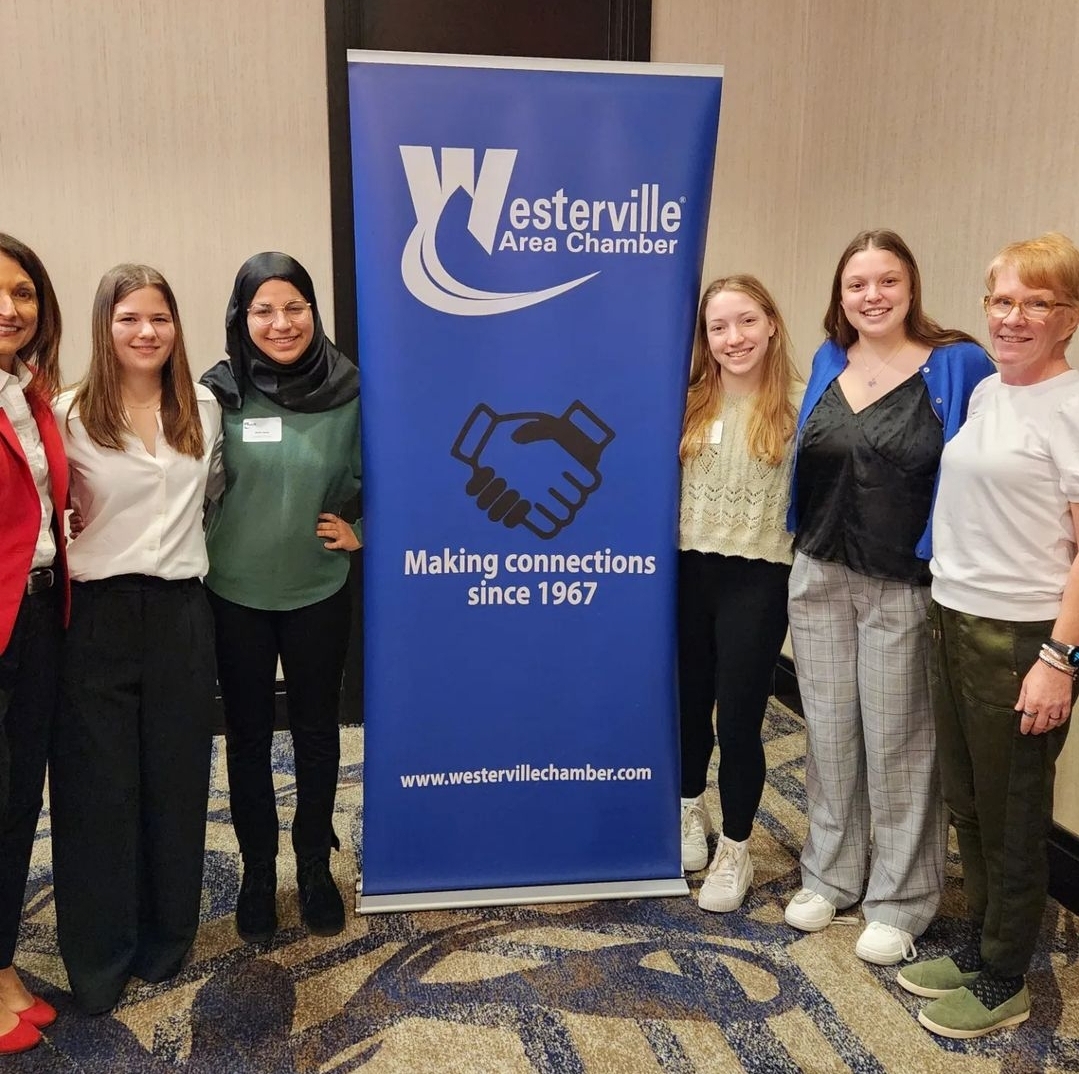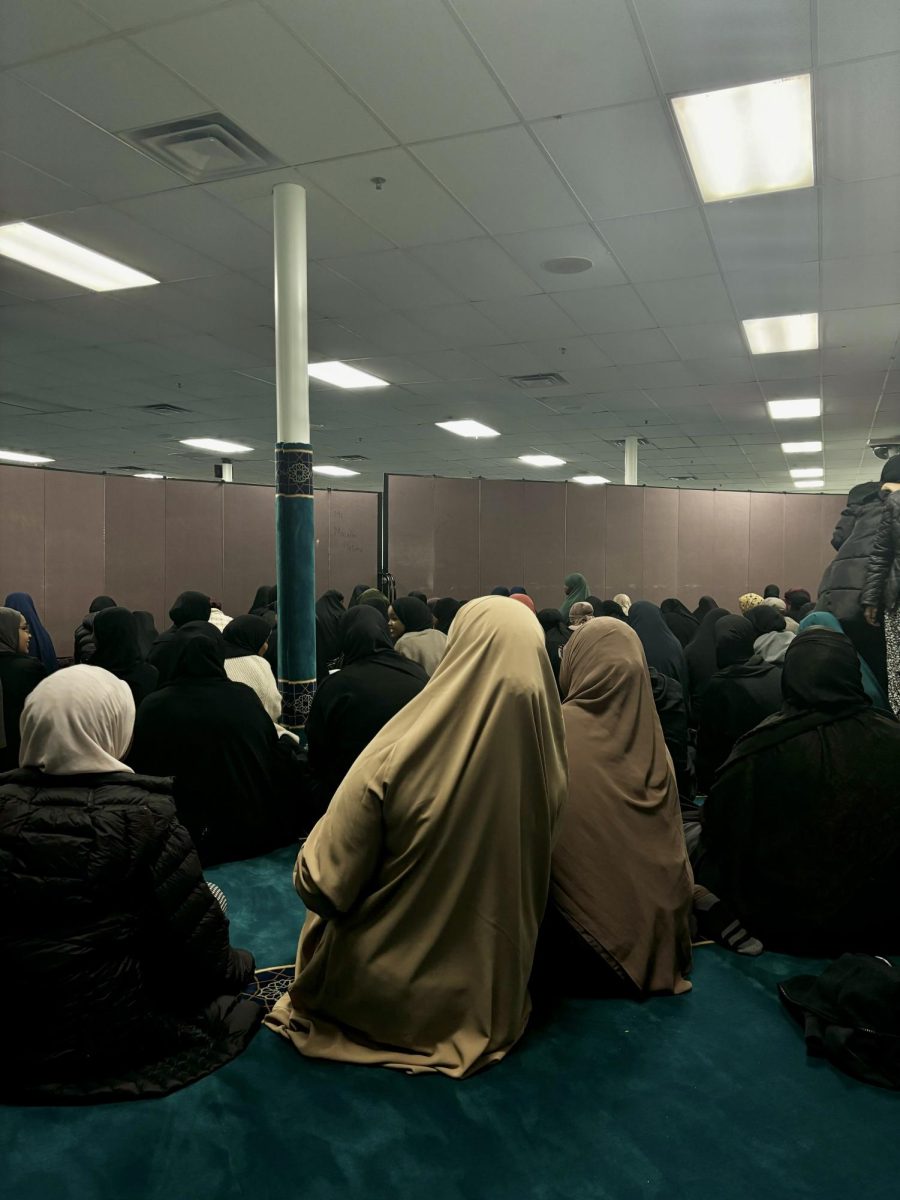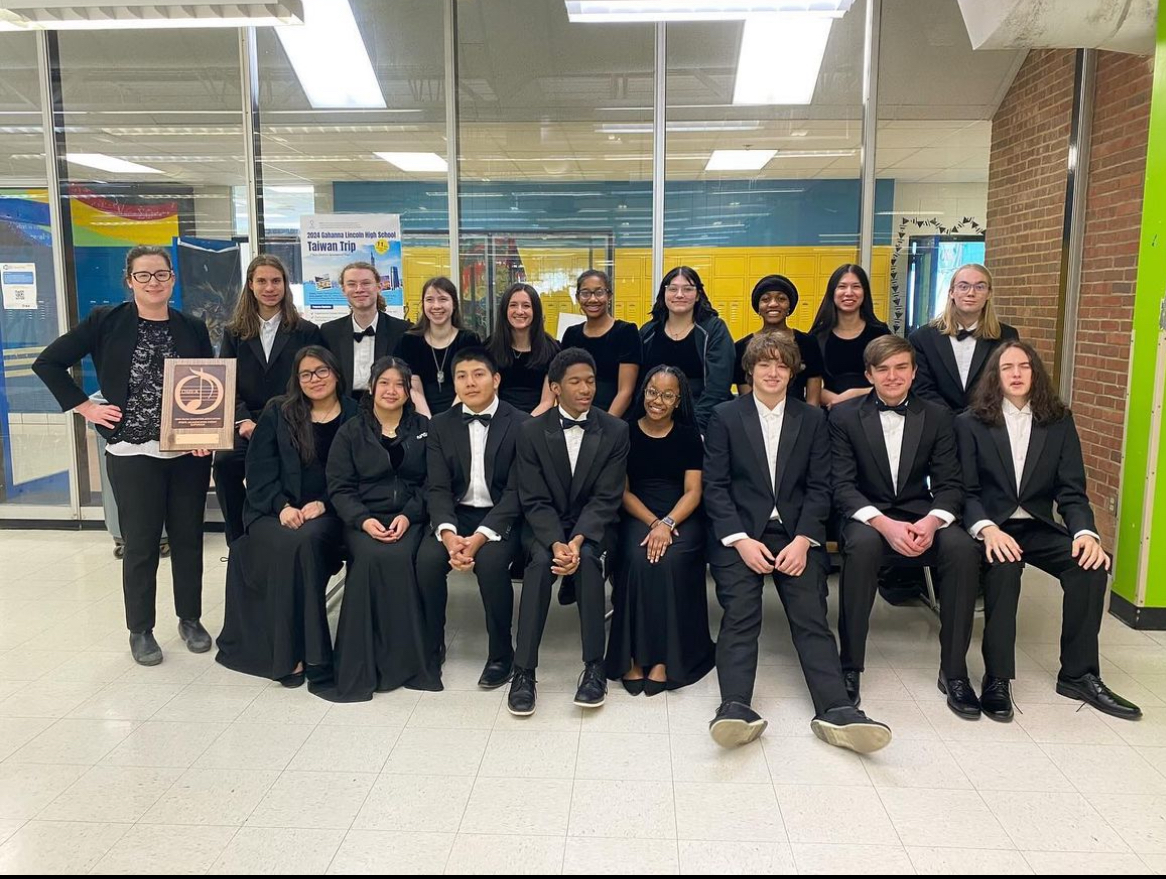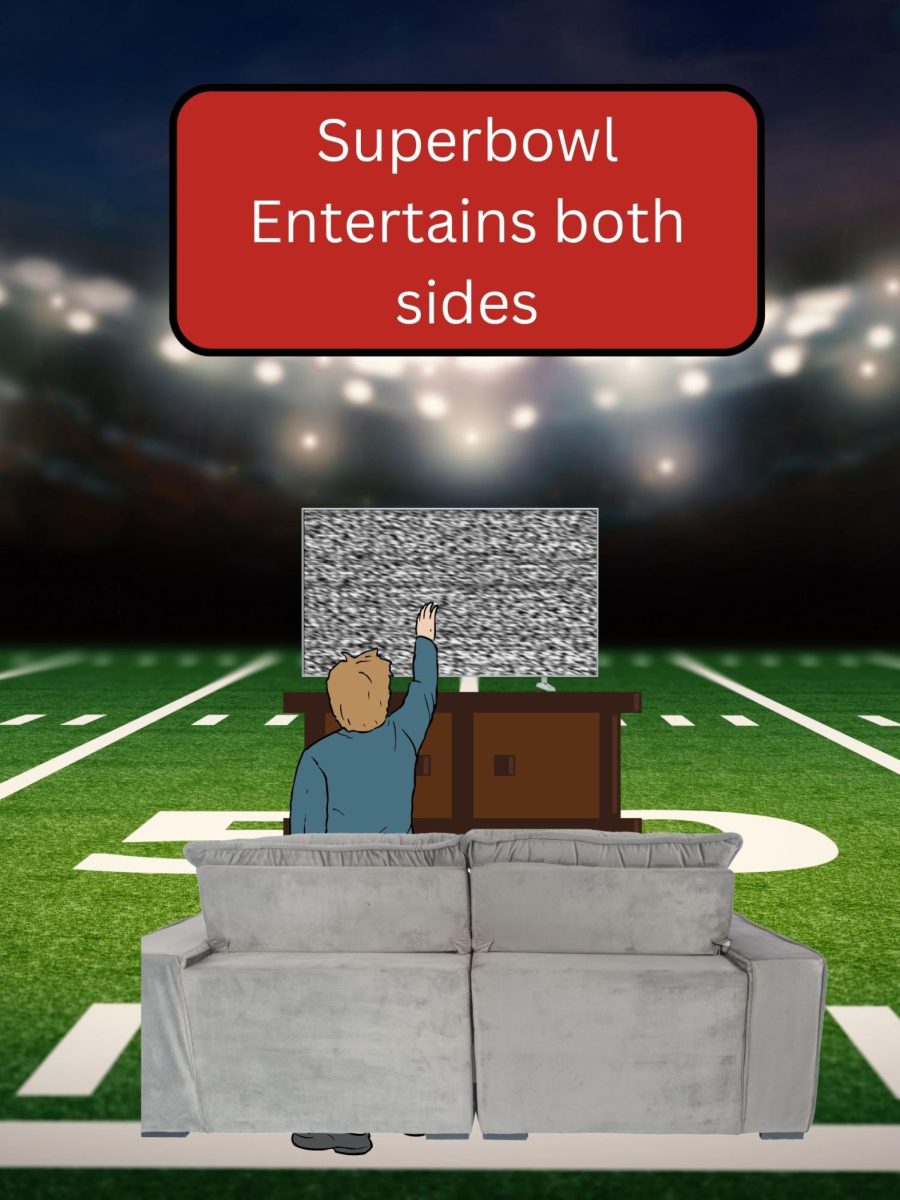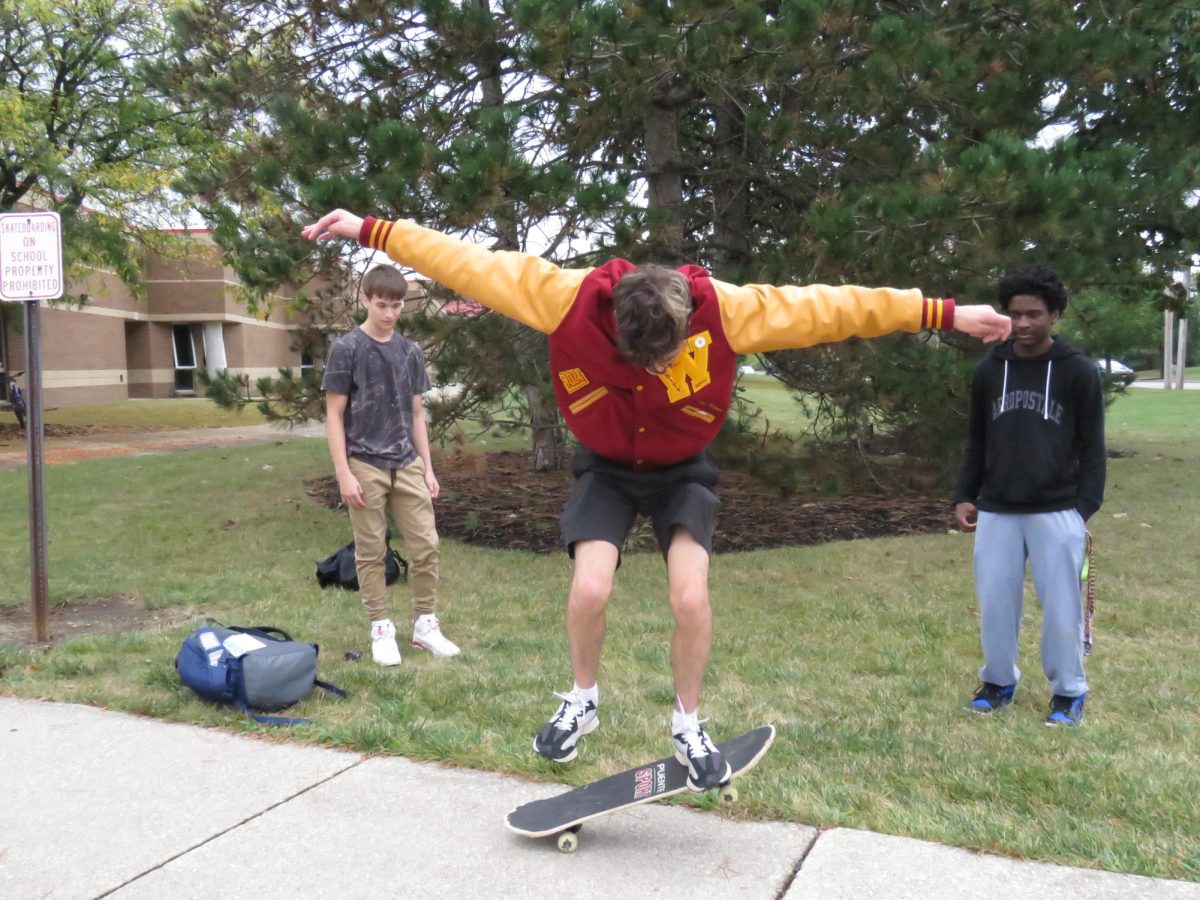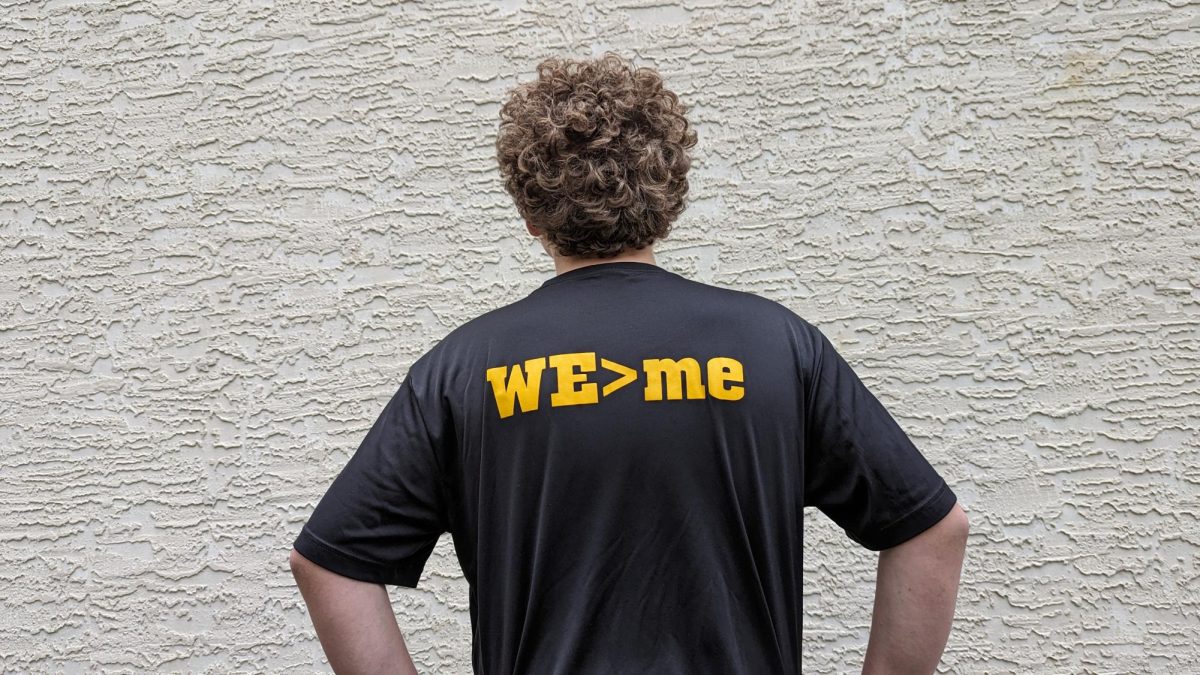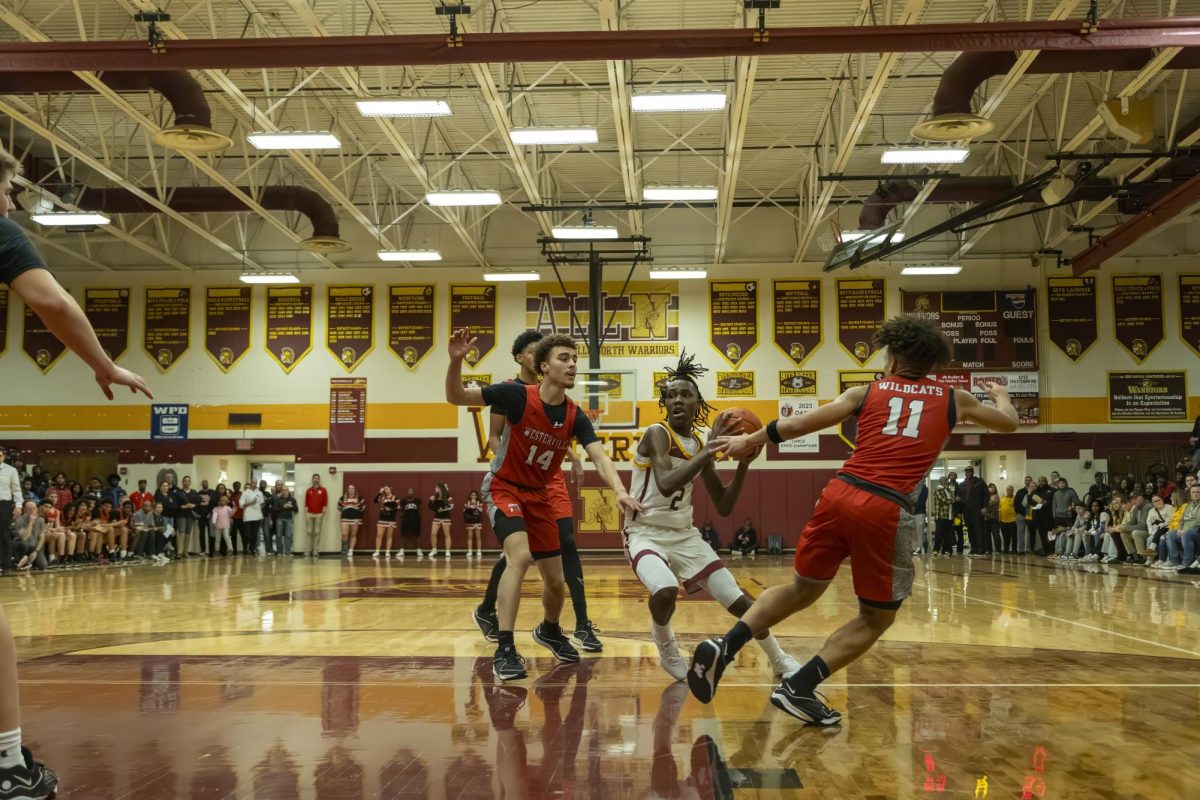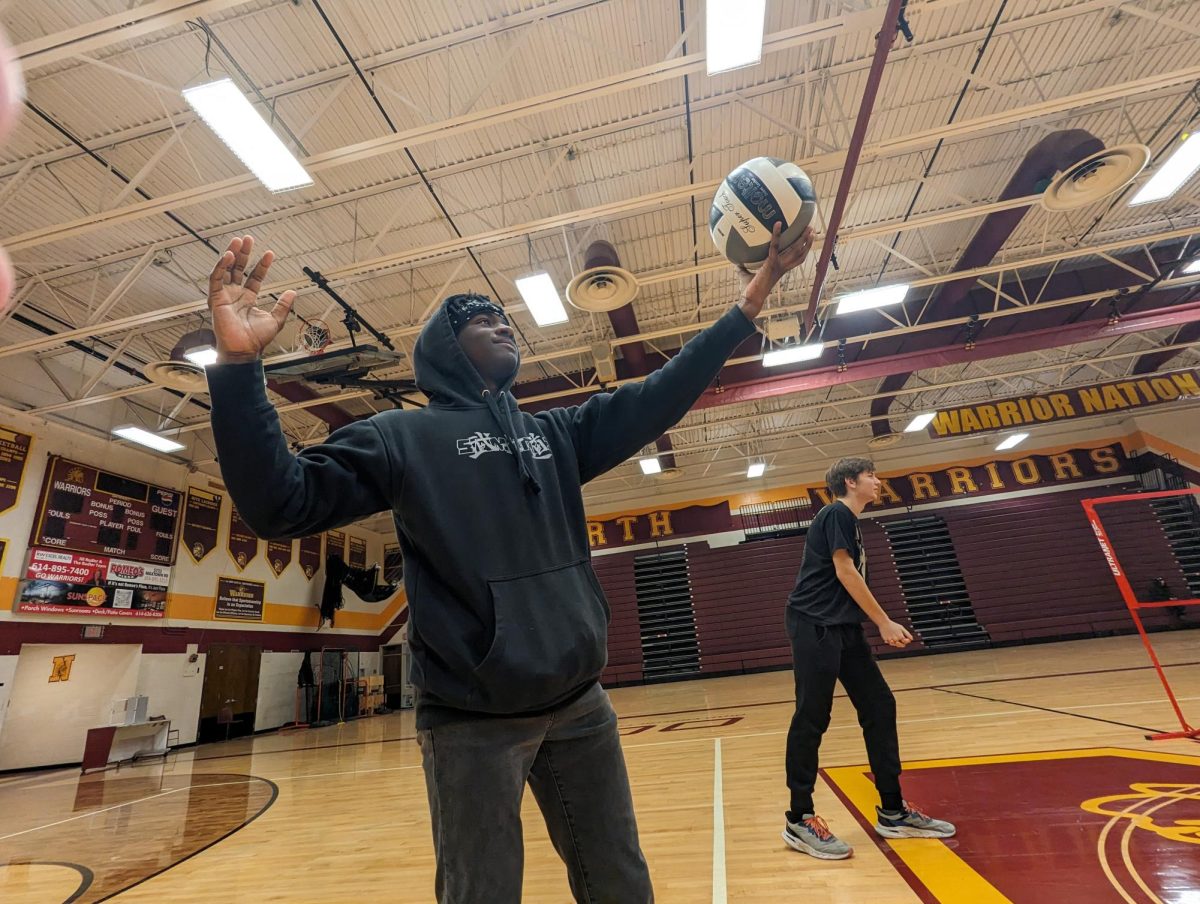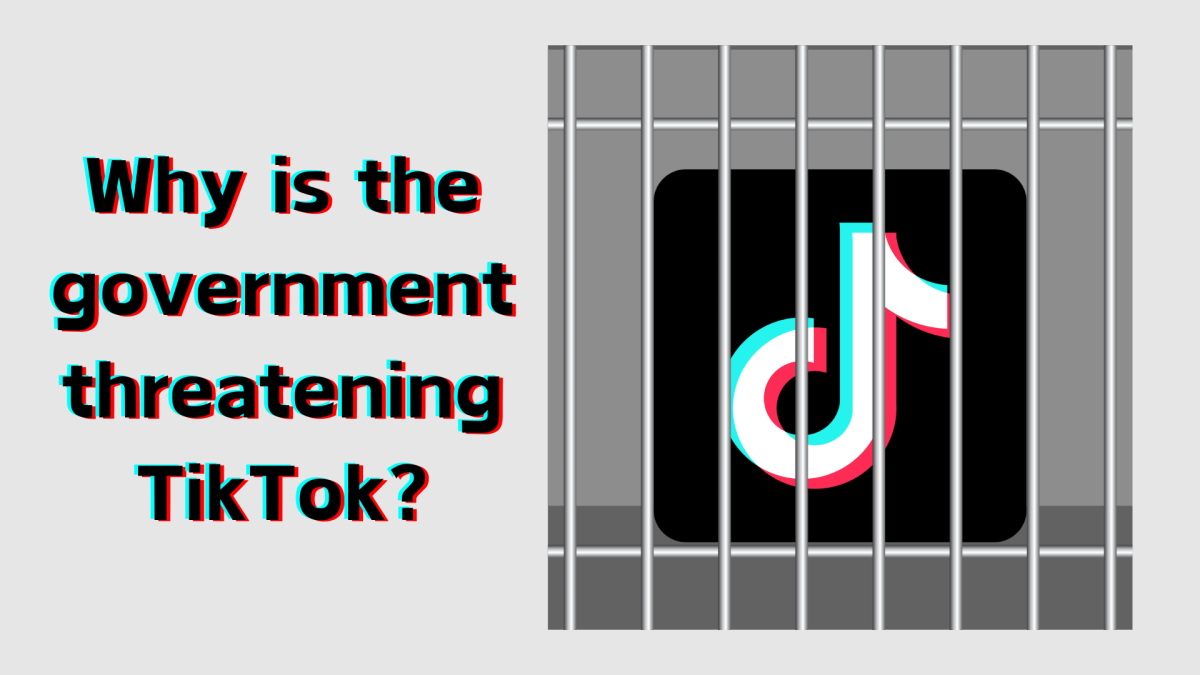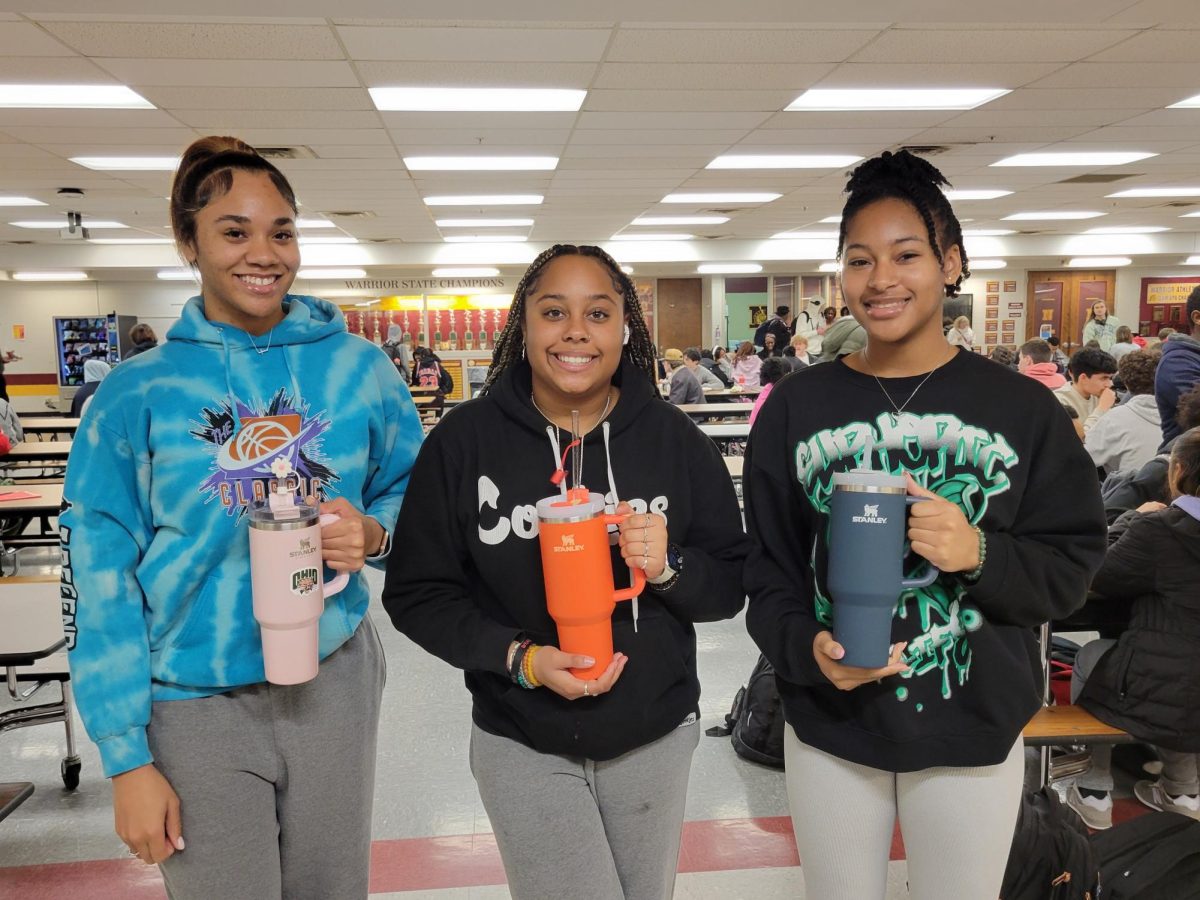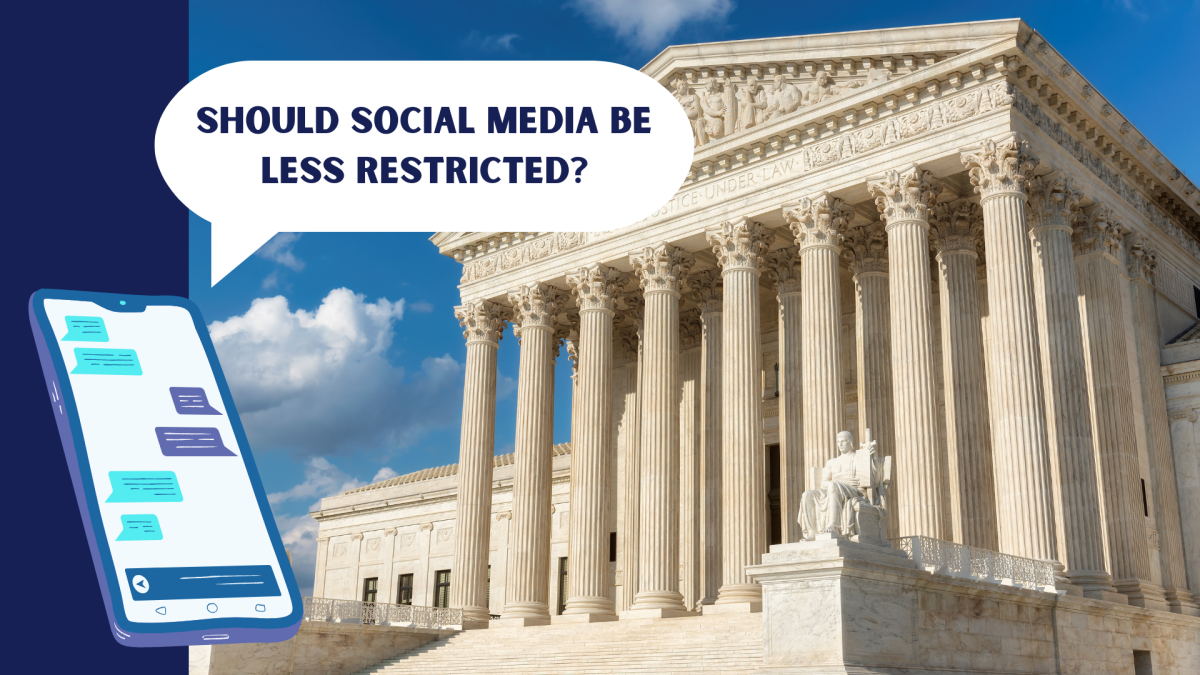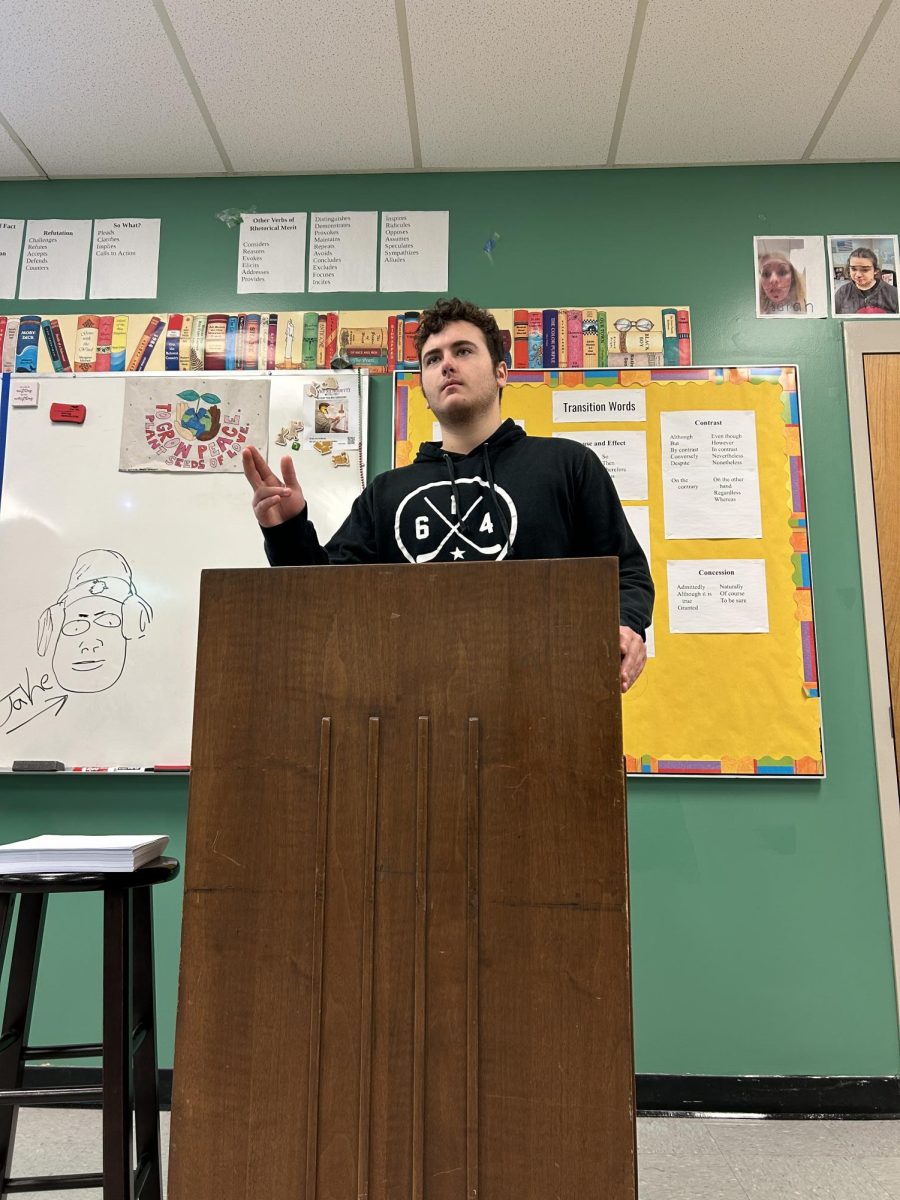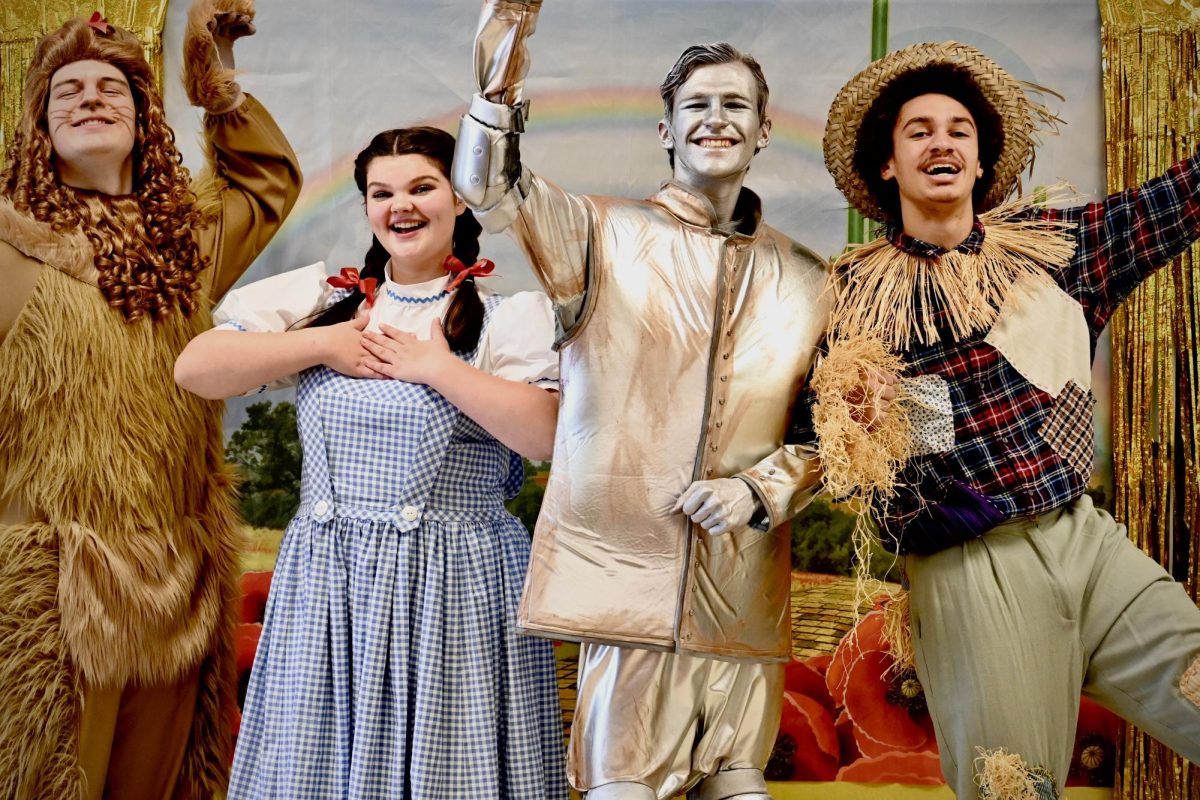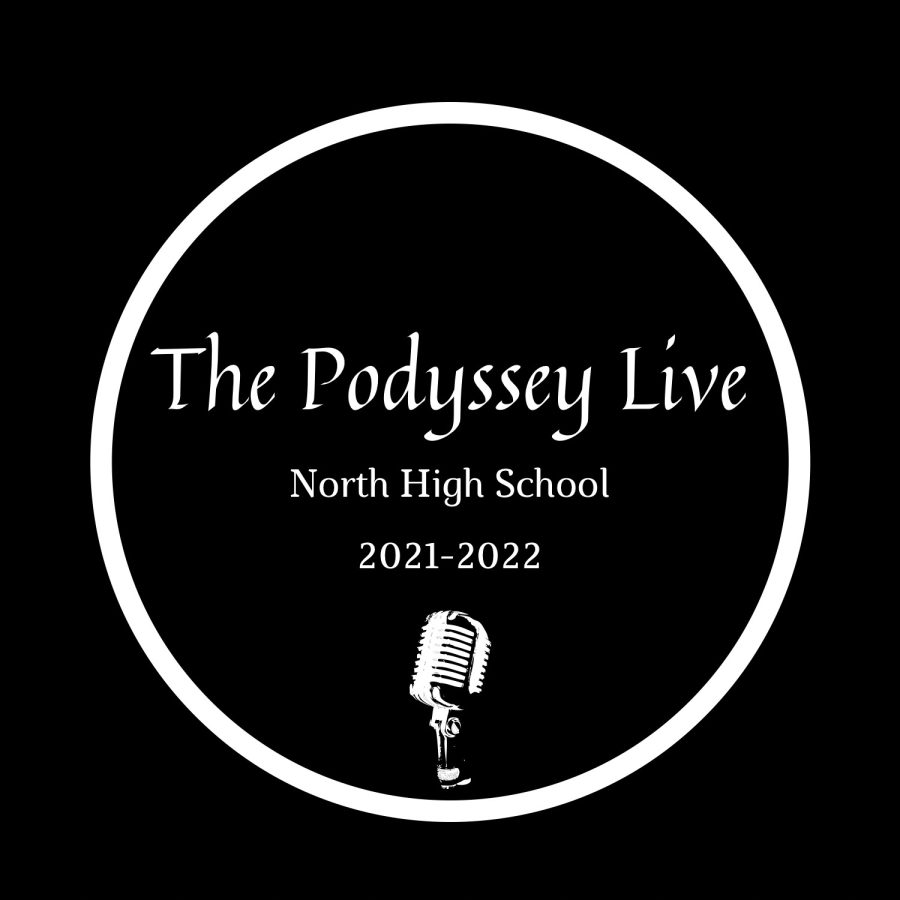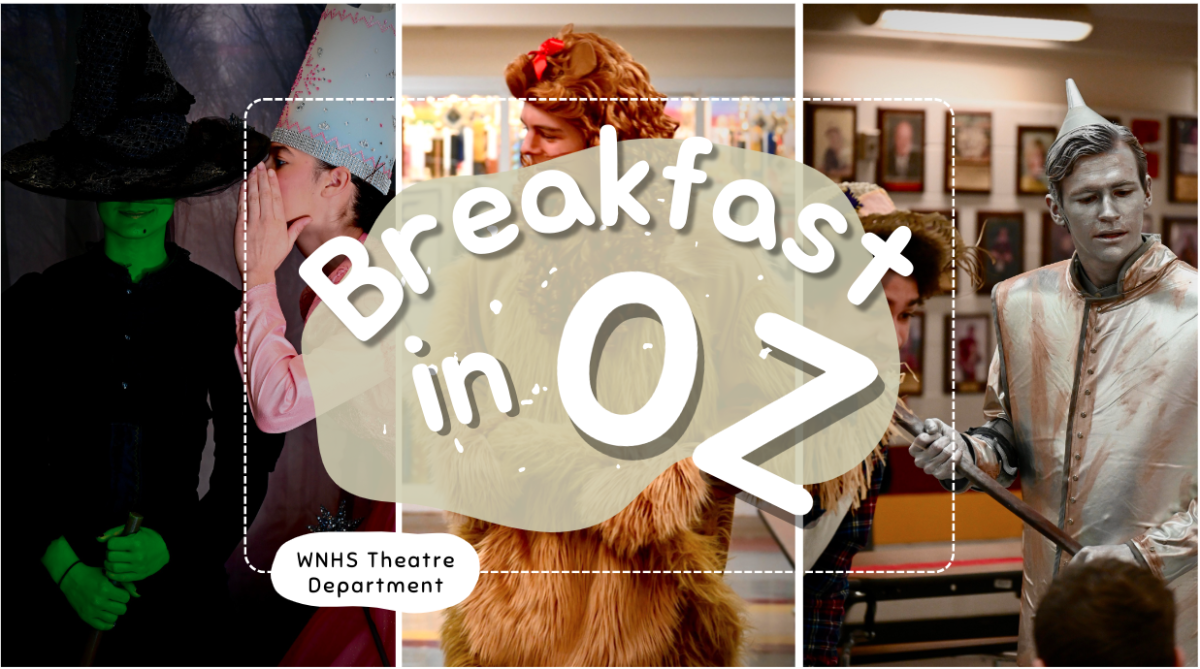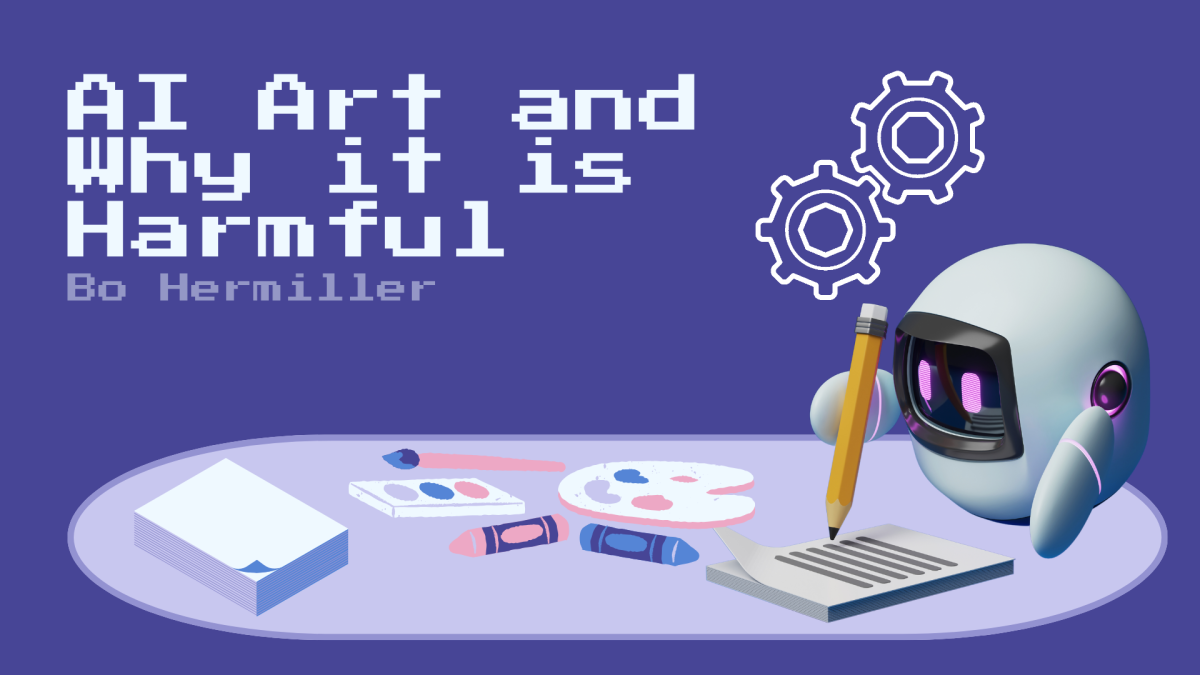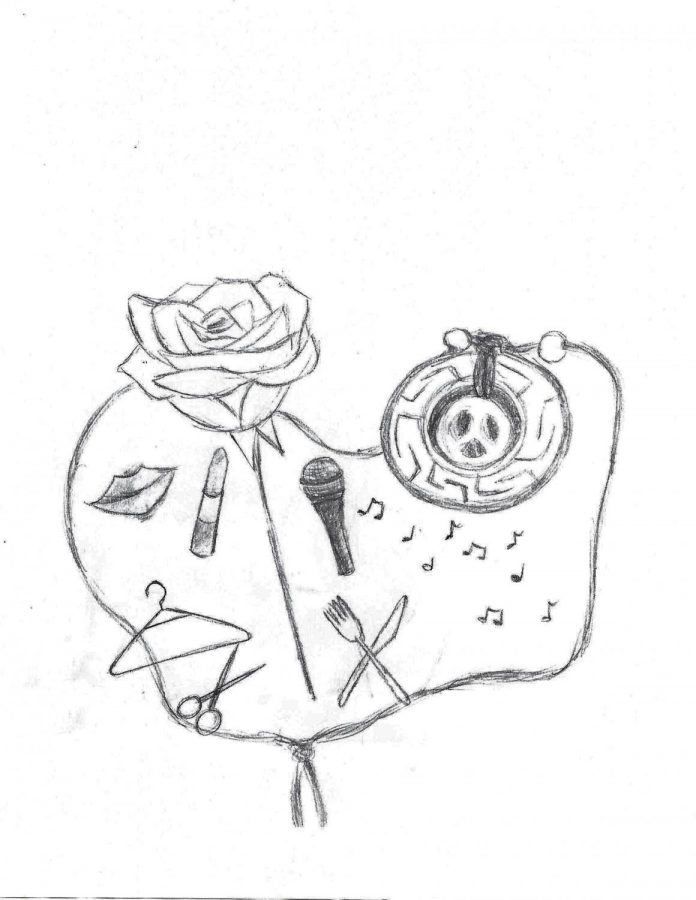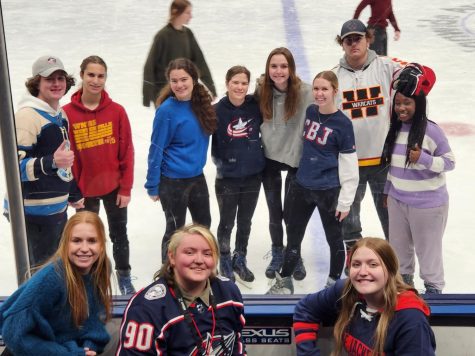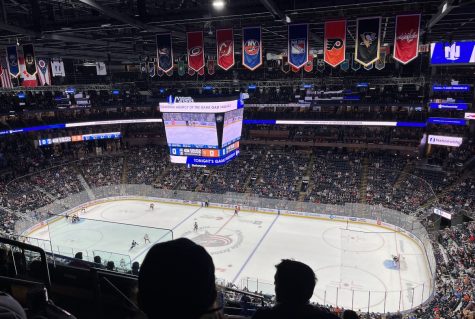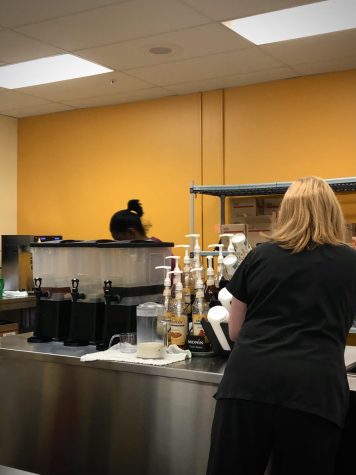Reality shows offer entertaining escape
February 28, 2020
An increasingly common pastime for Americans is watching reality TV, as shows like “The Bachelor,” “Survivor” and “Keeping Up with the Kardashians” offer much-desired entertainment and drama.
According to bls.gov, between 2013-2017, people living in the U.S. who are 15 and older spent an average of 2 hours 26 minutes per day watching TV.
Reality TV is a popular genre choice for those who watch TV in their free time. Among 18 to 29-year-olds, 68 percent of those surveyed said they like watching reality TV shows, according to oregonstate.edu.
Senior Chloe Yingling is no exception; she enjoys watching “Survivor” in her free time.
“‘Survivor’ is on every Wednesday, but this current season is with an all winners cast, so in preparation, I’ve been binge watching all the seasons again,” Yingling said.
To explain the popularity of reality TV shows, most suggest drama as a main incentive for watching.
Senior Gregory Wirtz enjoys “Keeping Up with the Kardashians.”
“Reality shows are full of drama, and I love a nice cup of tea spilled after a long day,” Wirtz said.
Senior Alaina Bernsdorf, a “Bachelor” viewer, agrees with Wirtz’s assessment.
“Personally, I think ‘The Bachelor’ is so popular and appealing to so many people because of the drama they create on the show. The tense ‘arguments’ and the competitions between people is very entertaining,” Bernsdorf said.
According to statista.com, 28 percent of 18 to 29-year-olds cite drama as the main reason they watch reality TV.
However, others name alternate reasons for watching reality TV.
Freshman Lizzy Howard has grown up watching “The Amazing Race.”
She said, “I like watching how they go to different places, learning about different cultures.”
Yingling also finds a different reason to watch “Survivor,” other than the drama.
“What I like about ‘Survivor’ is there is a lot of strategy involved. I’ve grown up playing Risk and Stratego, and my family is super into games. I find it really interesting watching as people masterfully maneuver themselves out of situations that could get them voted off. There’s so much strategy going into every decision made,” Yingling said.
Despite reality TV’s widespread appeal, a lot of viewers have negative perceptions of its content.
According to the hollywoodreporter.com, 48 percent of people surveyed describe reality TV as trashy, while 8 percent describe it as meaningful. Twelve percent of people surveyed said they would describe reality TV as real.
Bernsdorf agrees with the lack of realness and accuracy in “The Bachelor.”
“Reality shows, like ‘The Bachelor,’ are not accurate of real life. It is not an accurate representation of dating and love because dating and love is not dating multiple people at once, like it is portrayed in ‘The Bachelor,’” Bernsdorf said.
Wirtz added, “‘The Bachelor’ is a representation of sex, [rather than] emotional love.”
The inaccuracies in reality TV can have an impact on mental health. According to theguardian.com, 24 percent of people between the ages of 18 to 24 said reality TV makes them worry about their body image.
Wirtz explained, “Reality TV can make people think they are less than the people they are watching and [that they] need to fix themselves.”
Popular reality shows also have faced criticism when it comes to diversity.
Howard said, “I personally think it is crazy that [‘The Bachelor’] didn’t have minority leads for a very long time, but [yet] it is such a popular show. Also, the fact that it’s almost boys ‘against’ girls is kind of odd to me … because it is 2020, where it is accepted and known that same-sex relationships are a thing, but they haven’t had a season where they have emphasized that. I do not think they are being diverse enough.”
Bernsdorf offers a different perspective.
“Over the past few years, I do think they have gotten better at having more diversity on the show. However, there are always ways to improve and make everyone feel equal,” she said.
Despite the controversies surrounding the accuracy of reality TV and diversity in the shows, Yingling believes reality TV is a positive form of entertainment for most people.
“I think it’s a good break from life. Watching other people is very interesting, and you can learn a lot about yourself by watching others,” Yingling said.

